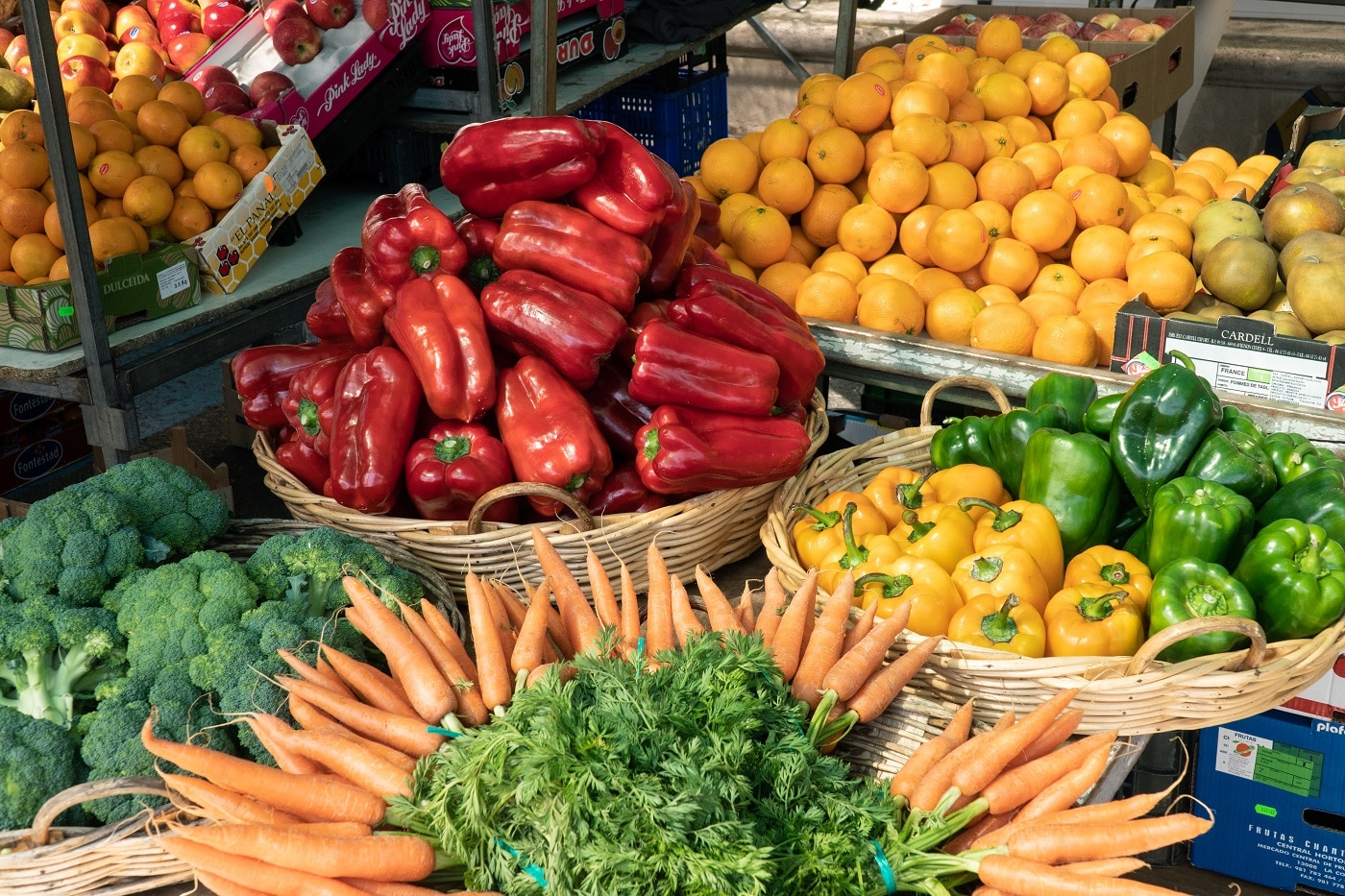Kathmandu – As the climate crisis escalates, small, everyday choices like what we eat can play a pivotal role in protecting the planet. Among these choices, consuming locally sourced and seasonal food emerges as a practical and impactful way to reduce carbon emissions, support biodiversity, and promote healthier living.
From Nepal’s abundant mustard greens in winter to the juicy mangoes of summer, embracing local and seasonal produce not only nourishes individuals but also reduces the environmental burden of food production and transportation. Here’s how this shift can make a significant difference.
Environmental Benefits of Seasonal and Local Eating
1. Reduced Carbon Emissions: Food transportation contributes significantly to greenhouse gas emissions. By buying local produce, we cut down on "food miles," which refers to the distance food travels before reaching our plates. A tomato grown in Nepal, for example, has a smaller carbon footprint than one imported from a far-off country.
2. Lower Energy Use: Seasonal foods are grown in natural conditions, eliminating the need for artificial heating, lighting, or refrigeration. This significantly reduces the energy consumption associated with farming and storage.
3. Biodiversity Conservation: Local farming often involves cultivating a variety of crops suited to the region’s soil and climate. This contrasts with industrial monocultures, which deplete soil nutrients and harm ecosystems. Supporting local farmers encourages sustainable practices and protects biodiversity.
4. Reduced Waste: Locally sourced foods require less packaging, as they don’t need to endure long-distance travel. This reduces plastic waste and landfill contributions.
5. Sustainable Farming Practices: Small-scale local farmers are more likely to adopt eco-friendly methods like organic farming and crop rotation. Purchasing their produce reinforces these practices and strengthens local agricultural economies.
Tips for Adopting a Local and Seasonal Diet
Visit Farmers' Markets: Explore local markets for fresh, seasonal produce. They offer a direct connection to farmers and their sustainably grown products.
Know What’s in Season: Understand the growing seasons in your region. In Nepal, winter is ideal for greens like spinach, while summer is perfect for fruits like lychees. Eating in-season ensures you enjoy food at its peak freshness and flavor.
Grow Your Own Food: Even a small garden can yield herbs and vegetables, reducing reliance on store-bought produce and lowering your carbon footprint.
Preserve Seasonal Produce: Learn preservation techniques like drying, canning, or freezing to enjoy the best of each season year-round.
Support Local Restaurants: Choose dining establishments that prioritize using locally sourced ingredients, encouraging businesses to adopt sustainable practices.
Raise Awareness: Share the benefits of local and seasonal eating with friends and family, creating a collective impact for a healthier planet.
A Local Approach to a Global Crisis
As the world grapples with environmental challenges, adopting a diet rich in seasonal, locally sourced foods is a step toward sustainability that anyone can take. It’s not just about eating better; it’s about living better—for ourselves, our communities, and our planet.
For Nepal and other countries alike, the movement towards local and seasonal eating is more than a trend. It’s a commitment to preserving nature, supporting local economies, and building a sustainable future